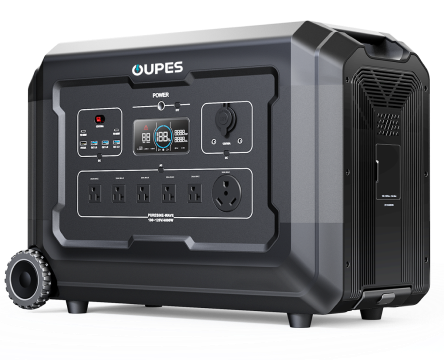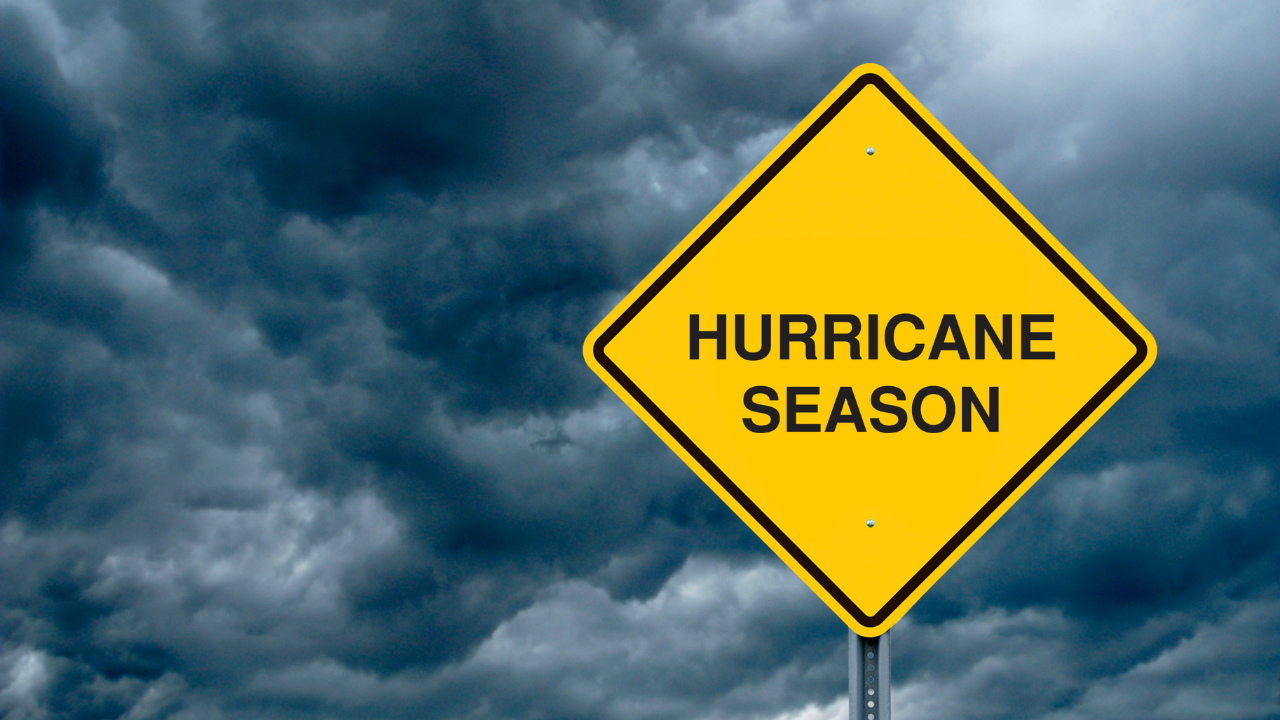When you want to combine energy independence, sustainability, and adventure, there is only one option left: solar power for camping. Whether you are in the deepest corners of the jungle or you are preparing to be ready in case of any emergency at home, solar-powered generators are becoming the preferred substitute to the gas-guzzling, noise-making generators.
In this article, we will break down everything you need to know about solar power usage, be it indoors or outdoors.
Why Choose a Solar Powered Generator?
By 2050, US consumption of renewable solar power is expected to reach 6.11 quadrillion British thermal units (BTUs). This is 8 times higher than the usage in 2024. So, there are clear signs that Americans are opting for solar power over traditional sources.
But why are people choosing solar over grid power? The simple answer is: the power is noiseless, clean, and effective. You can use a solar powered generator to generate electricity, without any hazardous gases. And the best part? They are very easy to operate.
These are some of the major advantages of using solar power during camping:
● Silent operation (perfect for campsites and quiet neighbourhoods)
● No fuel dependency (just sunlight)
● Low maintenance (no oil changes or moving parts)
● Eco-friendly (Zero emission)
A solar power generator for camping is worth considering in case you are going out on outdoor trips or getting your home ready in case of an emergency.
94% of solar generator users say they feel more secure during power outages. The reason? The right solar generator gives you that plug-and-play option so that you can keep your essential devices running.
How Solar Power for Camping Works
Using solar power for camping starts with three primary components;
● Solar panels (to collect the sunlight)
● Charge controller (controls the amount of input electricity)
● Power station (or generator)
And, all these components are portable. They go with you, into the woods, on an RV tour or power your needs when the grid supply is limited.
Brands like OUPES have designed an all-in-one system where all you have to do is hook your solar panel up to the unit, let it charge in the sun, and you are ready to run whatever you need.
Depending on the model, you can power:
● Smartphones
● Mini-fridges
● Fans
● Laptops
● LED lights
● CPAP machines
It’s a plug-and-play process that makes energy accessible anywhere. That’s it—no fuel, no noise, no worries. Check out some of the models suitable for your camping needs.
Benefits of Using Solar Power for Camping and Home
When you choose to go solar, here is what you get:
1. Eco-Friendly Power
Solar energy is clean and renewable. It does not emit any pollutants into the air as compared to gas generators. When you go solar, you will preserve the environment with each charge.
2. Low Running Costs
After the initial investment, the sun does all the work. The U.S. Department of Energy reports that solar-powered homes may reduce their electricity bills by 70%.
3. Emergency Preparedness
Blackouts, storms, and power cuts are becoming common. A solar power generator can become your backup home generator- keeping the lights, phones and necessities running when the grid goes down.
4. Highly Portable
These solar powered generators pack a punch. They provide a reliable source of power while having a smaller footprint. You can take them to your camping trips, RVs, and anywhere you need a backup source of power. Many solar power supplies for camping come with built-in handles, wheels, and weather-resistant cases for added mobility.
As solar technology improves, more people are turning to clean energy. In fact, the portable solar generator market is projected to hit $905.4 million by 2030, growing at a CAGR of 8.9%.
This is an expansion in the direction of sustainable living, and solar energy is taking the lead.
Choosing the Right Solar Power Station
How do you know that a particular solar generator is ‘right’ for your camping trip? You will need to assess your power needs. On a typical camping tour, you could need:

This is just an estimated data. Your usage, and power requirements will largely depend on the devices you use. For most camping tours, a 1000-1200 watt solar generator should be enough for the day. When coupled with 1-2 200 watt solar panels you can create an infinite power loop.
Here are some important factors to keep in mind when choosing a solar powered station:
● Battery Capacity (Wh or Ah) – Determines how long the station will run.
● Output Ports – USB-A, USB-C, AC outlets, and DC carports.
● Solar Input (Wattage) – Higher input means faster charging.
● Charging Time – Depends on solar panel wattage and sunlight availability.
● Durability – Look for rugged builds and weather-resistant materials for outdoor use.
OUPES has a variety of models designed to be used at home and during camping, featuring fast charging, high capacity, and portability.
Real-World Use Case: Camping with Solar Power
Imagine you have planned a 4-day camping adventure in an isolated forest. You have brought a portable fridge, phones, lanterns, and camera gears. A solar power station for camping with at least 1000Wh capacity will keep everything running smoothly.
All you need to do is:
● Set up your solar panel in a sunny area
● Connect it to your power station
● Let it charge during the day
● Use the stored energy at night
No fumes. No hassle. Just renewable, clean energy. This makes solar power supply for camping both versatile and incredibly user-friendly.
FAQs
Is a 100W solar panel enough for camping?
A 100W panel can run small appliances like phones, camera and LED lights. You can even use fridges or fans if you use them smartly.
How many solar panels do I need to run a 30 amp camper?
To comfortably run a 30 amp camper, you will require at least 600W-800W of solar panels, depending on usage.
Is a 12 volt or 24 volt solar system better?
12V is ideal to operate small installations and on-the-go applications. The 24V system is more efficient in larger, more permanent set-ups (like RVs).
Do solar generators work on cloudy days?
Yes, but not on their max efficiency. A solar power generator for camping can still work on cloudy days.
Conclusion
Planning to camp off-the-grid? Solar power for camping is an adaptable and environmentally friendly option. With powerful and portable options from trusted brands like OUPES, it's never been easier to enjoy the comfort of grid power while exploring outdoors.
From the quiet of nature to the comfort of your living room, solar energy is lighting the way forward. Choose the right solar power supply for camping or home—and enjoy clean energy anytime, anywhere.
best camping generator, camping power supply, camping solar generator, camping solar panels, outdoor camping, portable power station for camping,

































Leave a comment
This site is protected by hCaptcha and the hCaptcha Privacy Policy and Terms of Service apply.